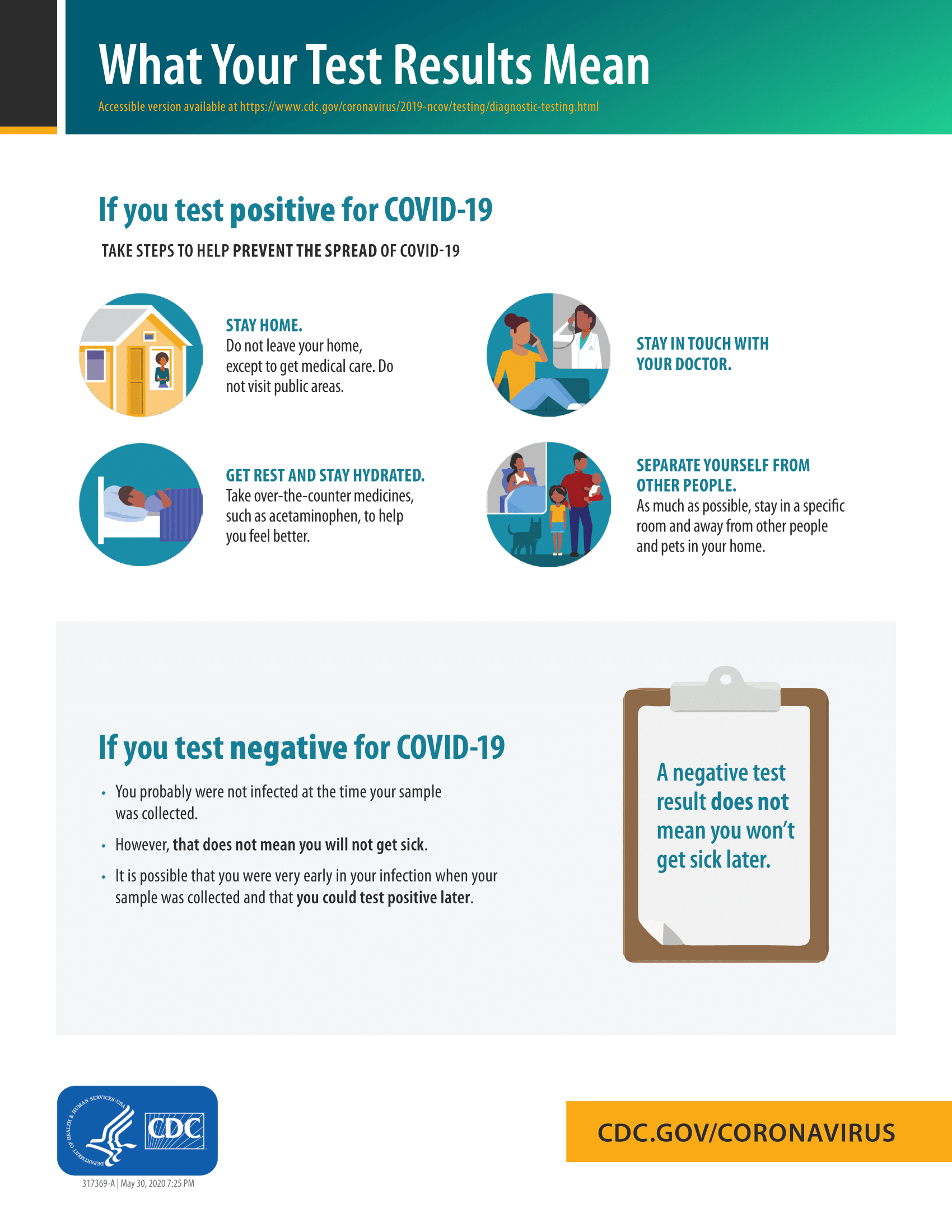CDC Study on Efficacy of mRNA Vaccines
Nov 09, 2021
What You Need to Know about Variants
Discussions about the Delta Variant: Viruses constantly change through mutation. Some variants emerge and disappear while others may emerge and persist. New variants will continue to emerge. CDC and other public health organizations monitor all variants of the virus that causes COVID-19 in the United States and globally.
The Delta variant causes more infections and spreads faster than earlier forms of the virus that causes COVID-19. Vaccines continue to reduce a person’s risk of contracting the virus that causes COVID-19, including this variant. Vaccines are also highly effective against severe illness.
Top Things You Need to Know
- New variants of the virus are expected to occur. Taking measures to reduce the spread of infection, including getting a COVID-19 vaccine, is the best way to slow the emergence of new variants.
- Vaccines reduce your risk of severe illness, hospitalization, and death from COVID-19.
- All COVID-19 tests can detect known variants, but they will not tell you which variant you have.
Vaccines
- FDA approved or authorized COVID-19 vaccines protect against Delta and other known variants.
- Vaccines reduce your risk of severe illness, hospitalization, and death from COVID-19.
- We don’t yet know how effective the vaccines will be against new variants that may arise.
Symptoms
- All variants cause similar COVID-19 symptoms.
- Some variants, such as the Alpha and Delta variants, may cause more severe illness and death.
Masks
- Wearing a mask is an effective way to reduce the spread of earlier forms of the virus, the Delta variant and other known variants.
- People who are not fully vaccinated should to take steps to protect themselves, including wearing a mask indoors in public at all levels of community transmission.
- People who are fully vaccinated should wear a mask indoors in areas of substantial or high transmission.
- People who have an underlying medical condition, a weakened immune system, or are taking medications that weaken their immune system may not have as much protection even if they are fully vaccinated. They should continue to take steps recommended for people who are not fully vaccinated, including wearing a mask.
- Wearing a mask is very important if you or someone in your household
- Has a weakened immune system
- Has an underlying medical condition
- Is an older adult
- Is not fully vaccinated
Testing
- Tests used to diagnose COVID-19 may not tell you which variant you have.
- Tests can detect new variants. As new variants emerge, scientists will continue to evaluate how well tests work to detect current infection.
Types of Variants
Scientists monitor all variants but may classify certain ones as Variants Being Monitored, Variants of Concern, Variants of Interest or Variants of High Consequence. Some variants seem to spread more easily and quickly than other variants, which may lead to more cases of COVID-19. An increase in the number of cases will put more strain on healthcare resources, lead to more hospitalizations, and potentially more deaths.
These classifications are based on how easily the variant spreads, how severe the symptoms are, how the variant responds to treatments, or how well vaccines protect against the variant.
Variants of Concern in the US
Delta - B.1.617.2
First identified: India
Spread: Spreads more easily than other variants.
Severe illness and death: May cause more severe cases than the other variants
Vaccine: Vaccine breakthrough infections are expected, but vaccines are effective at preventing most infections. Infections happen in only a small proportion of people who are fully vaccinated, even with the Delta variant. Early evidence suggests that fully vaccinated people who become infected with the Delta variant can spread the virus to others. All FDA-approved or authorized vaccines are particularly effective against severe illness, hospitalization, and death.
Treatments: Nearly all variants circulating in the United States respond to treatment with FDA-authorized monoclonal antibody treatments.
Federal Reporting Requirements
- Assisted Living Facilities that received, and are using, BinaxNOW COVID-19 Antigen testing supplies from the federal government, are required to report both positive and negative test results to the U.S. Department of Health and Human Services (HHS), in accordance with federal guidance. For additional information see: COVID-19 Rapid Point-Of-Care Test Distribution
- Assisted Living Facilities using BinaxNOW COVID-19 Antigen Tests must report test results the same day they perform the test.

